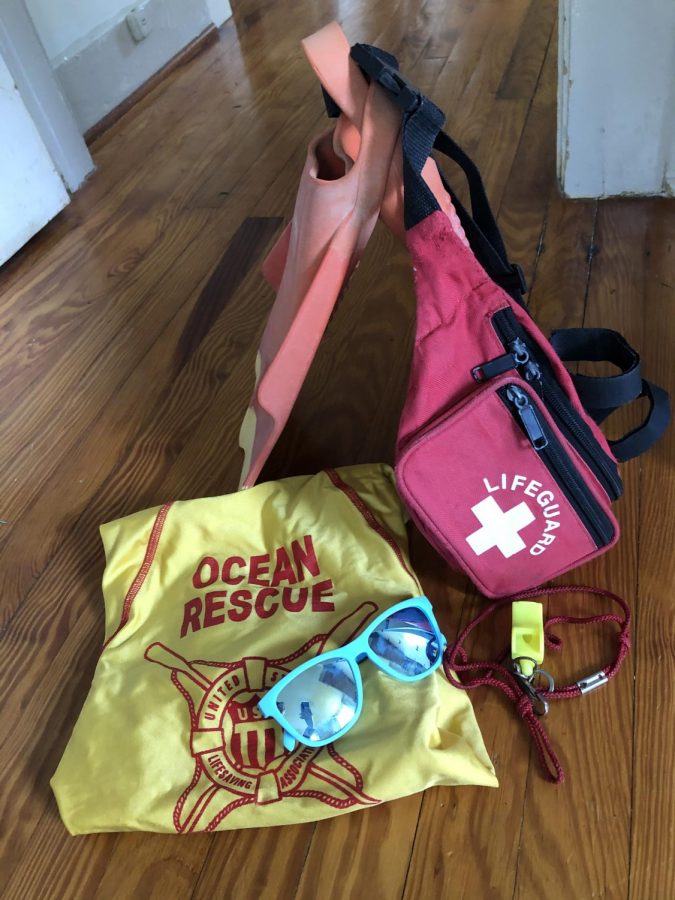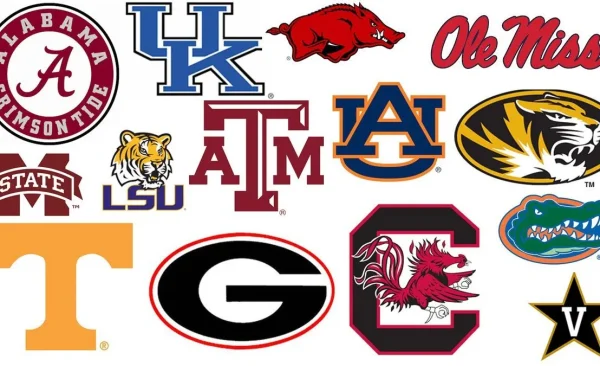Why YOU Should Be an Ocean Lifeguard
best. summer. job. ever.
For anyone who is thinking about getting a summer job, or for those of you who don’t want to spend their summer in the grocery store, listen up: become an Ocean Rescue Lifeguard. Applications are now open!
The best benefit of the job is the feeling of accomplishment and pride you have at the end of each day. We are there to serve others, and we do every day. Whether it be reuniting lost children, performing rescues, attending to stingray stings, or simply talking to the people who come up to your stand, you end up making a difference in a lot of people’s experiences at the beach.
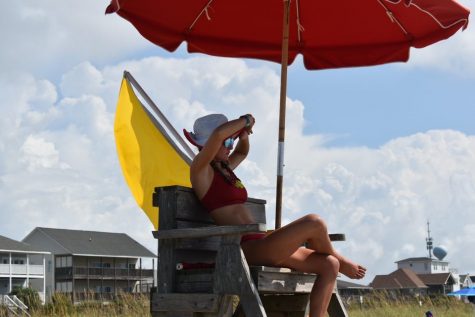
This has been my summer job for the past two years, and this summer I will be applying for a supervisor position because I just love it so much. I’ll do my best to describe it to you in all its glory.
The season unofficially begins in February, and from then until mid-March, you must pass the swim and run tests. The criteria is a 9-minute 500m swim, and a 7:45 mile run. If you are not an amazing swimmer, like me, it’s best to start practicing early. Usually it takes a few tries to get to that 9 minute mark. Also, if you fail once, you can always come back on another testing date and try again, this goes for the run too, but most people find the run easier. After you pass, you’ll schedule an interview with one of the managers. When you apply, you’ll decide whether you want to work at Folly, IOP, or Kiawah. They usually need guards at all 3 beaches, so it’s not like there’s a cutoff.
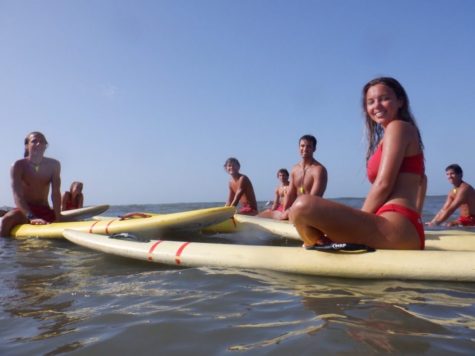
If you’re hired, you must pass a drug test (obviously) and then you’ll start training!
Training during the spring is super fun–but also super hard. You meet your fellow guards, form friendships and all that, but the flip side of that is getting back into shape after the winter. There are weekly trainings, which is where you learn the basics, and then for new hires there is Rookie School- 2 consecutive days spent learning about the job, running, swimming, learning CPR and rescue techniques, basic first aid, how to talk over the radio, and so much more. Then comes the hardest part…
Surf School. This is mandatory for all guards, regardless of if it’s your rookie year or your 5th year. Here, you work together to train, perfect all the techniques, and get into shape for the new season. After surf school, you won’t have to worry about if you’re ready or not- you will be 100%. It is hard, but so worth it at the end.
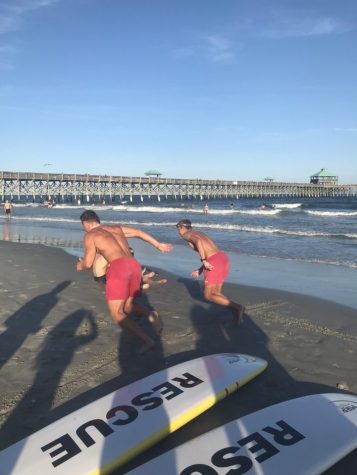
Another aspect of the Ocean Lifeguard position is the fact that we are all Emergency Medical Responders, and that requires a week-long class. Here, you learn all of the medical knowledge you’ll need for the job… and a lot more. You must pass the class, but don’t worry, it’s not too hard. You also get the chance to practice scenarios common at the beach, whether it be bleeding, dislocations, difficulty breathing, unconscious victims, drug overdoses, etc. EMR certificates last for two years, so you’ll only have to take the week-long class every other year, but in between there is a 2-day refresher course, which trust me, is helpful.
Those are all the big training events, but remember- you must be able to pass the run and swim (different times on the beach… run=8 mins while swim=10 mins) at all of the beach trainings, and once a month during the season. Also important… you get paid for all the training that you do!
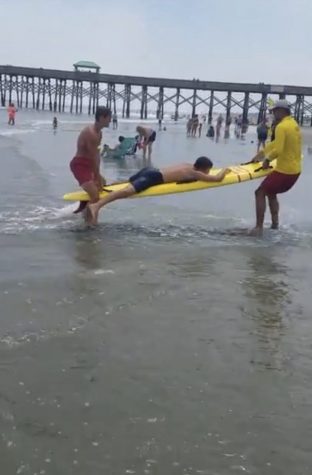
Work officially starts at the end of May, and continues through September (weekends only during school, don’t worry). We work 10 hour days, and 4 days a week, although you can get overtime if someone cannot work. It does seem like a lot, but the day is split up so that you’re not sitting on stand all day long. We set up the beach and train for the first two hours of the day (8-10 am), then go into service, sitting for 45 minutes at a time. In between sits, we train, practice medical scenarios, respond to issues on the beach, hang out, and eat. We go out of service at 6 pm, then cleanup time varies depending on the beach, who you’re working with, and how badly you want to go home.
During the season, your fellow guards become a family, and you end up making some close friends. We are together a lot, and we hang out outside of work, too. Everyone has each others’ backs, and we all want each other to succeed. Other benefits of the job include some lovely tans, free ice cream, and an employee pass to CCPRC locations (as well as discounts).
You’ll get to know regulars at the beach, recommend restaurants to tourists, save people and birds alike, rescue guys who fall off the jetski rentals, then rescue a bridal shower, have cannonball jelly fights, whistle at people who swim too close to the pier, administer narcan and epinephrine, surf for morning training, close the water because a storm is approaching, or a shark was sighted, see baby sea turtles, and so much more.
Being an Ocean Rescue Lifeguard is something I will never regret doing. I have learned so much, and have had so many great experiences from the job, and will be learning even more this summer. I will say, it’s not as glamorous as Baywatch, but its close. You’ll get out of it what you put in.
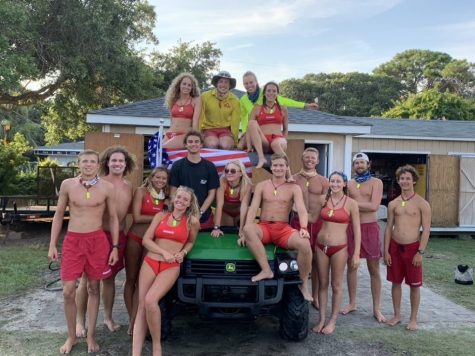
So, please apply! I’ve heard people say, “it sounds too hard” one year, then go work at a pool, then come back the next year and totally love the job. Yes, it requires work, but you will be so prepared you won’t even think about it. It’s even more rewarding to know that you can do it! You can go to ccprc.com, scroll to the bottom, hit employment, lifeguards and safety, ocean rescue lifeguards, then click the link to view employment opportunities. You can also email Emily Day, the Folly Beach manager, at eday@ccprc.com, or you can email me at prudencemarie2003@gmail.com if you just want to talk about it a little bit more. Starting pay is $13.00 an hour, and increases by 25 cents each season you come back.



